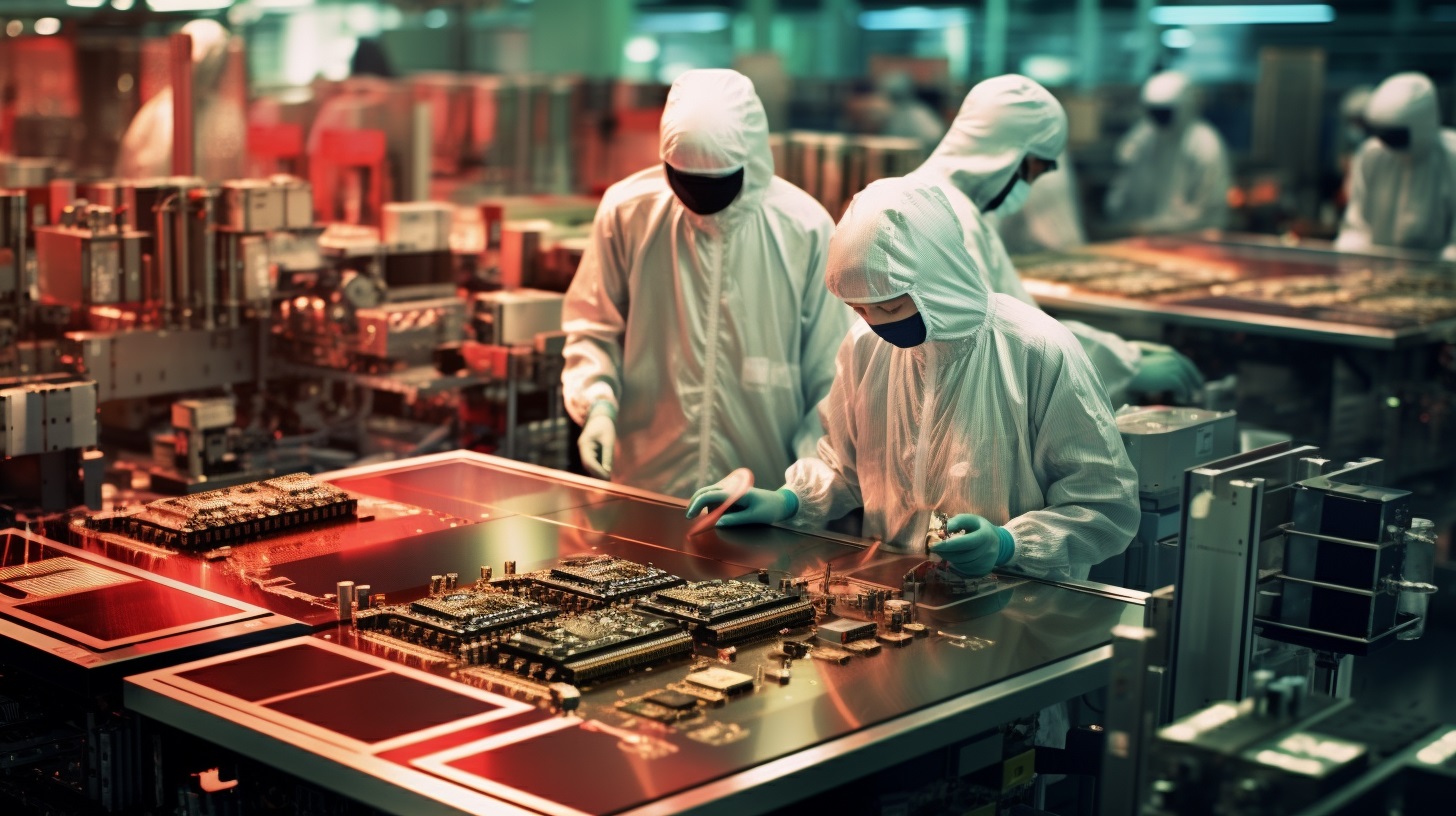Taiwan Semiconductor Manufacturing Company (TSMC), the world’s leading chipmaker, has encountered significant delays in the opening of its Arizona chip factory. Initially projected to be operational by late 2024, the company now anticipates completion by 2025 due to a shortage of skilled technical workers in the United States [1]. The delay comes at a crucial time when demand for advanced chips, particularly for artificial intelligence (AI) applications, is soaring. This article delves into the reasons behind the delay, the implications for TSMC and the US chip industry, and the measures being taken to address the labor shortage.
The Ominous Delay and its Impact
The delay in the opening of TSMC’s Arizona chip factory has been termed “ominous” by industry experts, considering the increasing demand for AI chips and the urgent need to expand the US domestic chip industry [1]. TSMC is a major supplier of AI chips, and the Biden administration has been striving to bolster the country’s semiconductor manufacturing capabilities. However, the delay was not entirely unforeseen, as the shortage of skilled workers has been a common cause of setbacks in semiconductor fabrication plant projects globally [1].
The Challenge of Skilled Labor
CEO Peter Wennink of ASML Holding NV, one of the world’s leading chipmaking equipment producers, emphasized the scarcity of specialized skills required for constructing semiconductor fabs, which have primarily been developed in only a few locations worldwide, including Taiwan, Korea, and China [1]. Accessing skilled workers and maintaining construction schedules have posed significant challenges for companies like TSMC.
TSMC’s Response and Future Plans
In response to the delays, TSMC confirmed that it would send more Taiwanese workers to the US to expedite the construction of its $40 billion Arizona fab [1]. The company aims for a “fast ramp up” of the facility, which is planned to be the most advanced chip factory currently in production and operational by 2026 [1]. However, TSMC has not disclosed the exact number of workers being sent to the US.
Impact on Apple and Other Clients
TSMC’s delay could have implications for its clients, particularly Apple, which plans to source chips for its iPhones and MacBook models from the Arizona facility [2][4]. The initial plan to start producing 4nm chips in 2024 now faces a setback, and mass production may not begin until 2025 [2][4]. Apple and other clients relying on TSMC’s advanced chip production capacity may need to adjust their device plans accordingly.
Conclusion
The delay in the opening of TSMC’s Arizona chip factory highlights the critical role of skilled labor in the semiconductor industry’s expansion and growth. The shortage of technical workers with specialized expertise has caused setbacks in the construction of the facility, affecting TSMC’s clients and the US chip industry at large. TSMC’s response to send more workers from Taiwan is an attempt to address the issue and get the project back on track. However, the challenges posed by the labor shortage remain significant and warrant careful attention as the demand for AI and advanced chips continues to surge.

















